What is Femara and how is it used?
Femara is a prescription medicine used to treat the symptoms of breast cancer. Femara may be used alone or with other medications.
Femara belongs to a class of drugs called Antineoplastics, Aromatase Inhibitor.
It is not known if Femara is safe and effective in children.
What are the possible side effects of Femara?
Femara may cause serious side effects including:
- hives,
- difficulty breathing, and
- swelling of your face, lips, tongue or throat
Get medical help right away, if you have any of the symptoms listed above.
The most common side effects of Femara include:
- hot flashes,
- warmth or redness in your face or chest,
- headache,
- dizziness,
- weakness,
- bone pain,
- muscle or joint pain,
- swelling,
- weight gain,
- increased sweating, and
- increased cholesterol in your blood
Tell the doctor if you have any side effect that bothers you or that does not go away.
These are not all the possible side effects of Femara. For more information, ask your doctor or pharmacist.
DOSAGE AND ADMINISTRATION
Recommended Dose
The recommended dose of Femara is one 2.5 mg tablet administered once a day, without regard to meals.
Use In Adjuvant Treatment Of Early Breast Cancer
In the adjuvant setting, the optimal duration of treatment with letrozole is unknown. In both the adjuvant study and the post approval adjuvant study, median treatment duration was 5 years. Treatment should be discontinued at relapse.
Use In Extended Adjuvant Treatment Of Early Breast Cancer
In the extended adjuvant setting, the optimal treatment duration with Femara is not known. The planned duration of treatment in the study was 5 years. In the final updated analysis, conducted at a median follow-up of 62 months, the median treatment duration for Femara was 60 months. Seventy-one (71%) percent of patients were treated for at least 3 years and 58% of patients completed at least 4.5 years of extended adjuvant treatment. The treatment should be discontinued at tumor relapse.
Use In First And Second-Line Treatment Of Advanced Breast Cancer
In patients with advanced disease, treatment with Femara should continue until tumor progression is evident .
Use In Hepatic Impairment
No dosage adjustment is recommended for patients with mild to moderate hepatic impairment, although Femara blood concentrations were modestly increased in subjects with moderate hepatic impairment due to cirrhosis. The dose of Femara in patients with cirrhosis and severe hepatic dysfunction should be reduced by 50% . The recommended dose of Femara for such patients is 2.5 mg administered every other day. The effect of hepatic impairment on Femara exposure in noncirrhotic cancer patients with elevated bilirubin levels has not been determined.
Use In Renal Impairment
No dosage adjustment is required for patients with renal impairment if creatinine clearance is greater than or equal to 10 mL/min.
SIDE EFFECTS
The following adverse reactions are discussed in greater detail in other sections of the labeling.
- Bone effects
- Increases in cholesterol
- Fatigue and Dizziness
Clinical Trials Experience
Because clinical trials are conducted under widely varying conditions, adverse reactions rates observed in the clinical trials of a drug cannot be directly compared to rates in the clinical trials of another drug and may not reflect the rates observed in practice.
Adjuvant Treatment Of Early Breast Cancer
In study, BIG 1-98, the median treatment duration of adjuvant treatment was 60 months and the median duration of follow-up for safety was 96 months for patients receiving Femara and tamoxifen.
Certain adverse reactions were prospectively specified for analysis (see Table 1), based on the known pharmacologic properties and side effect profiles of the two drugs.
Adverse reactions were analyzed irrespective of whether a symptom was present or absent at baseline. Most adverse reactions reported (approximately 75% of patients who reported AEs) were Grade 1 or Grade 2 applying the Common Toxicity Criteria (CTC) Version 2.0/Common Terminology Criteria for Adverse Events (CTCAE), Version 3.0. Table 1 describes adverse reactions (Grades 1-4 and Grades 3-4) irrespective of relationship to study treatment in the adjuvant trial for the monotherapy arms analysis (safety population).

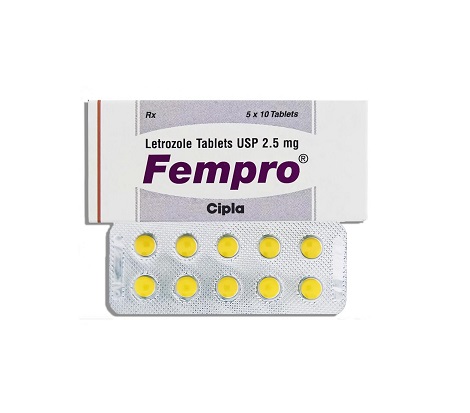
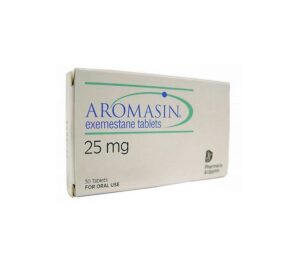
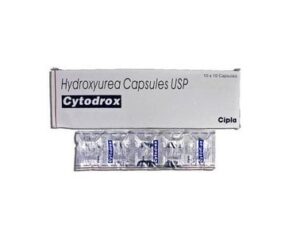
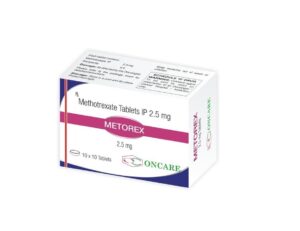
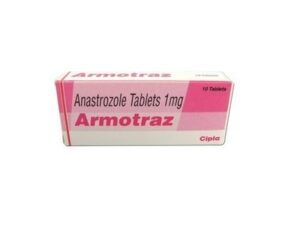
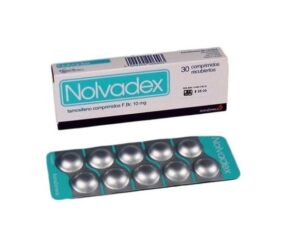
Reviews
There are no reviews yet.